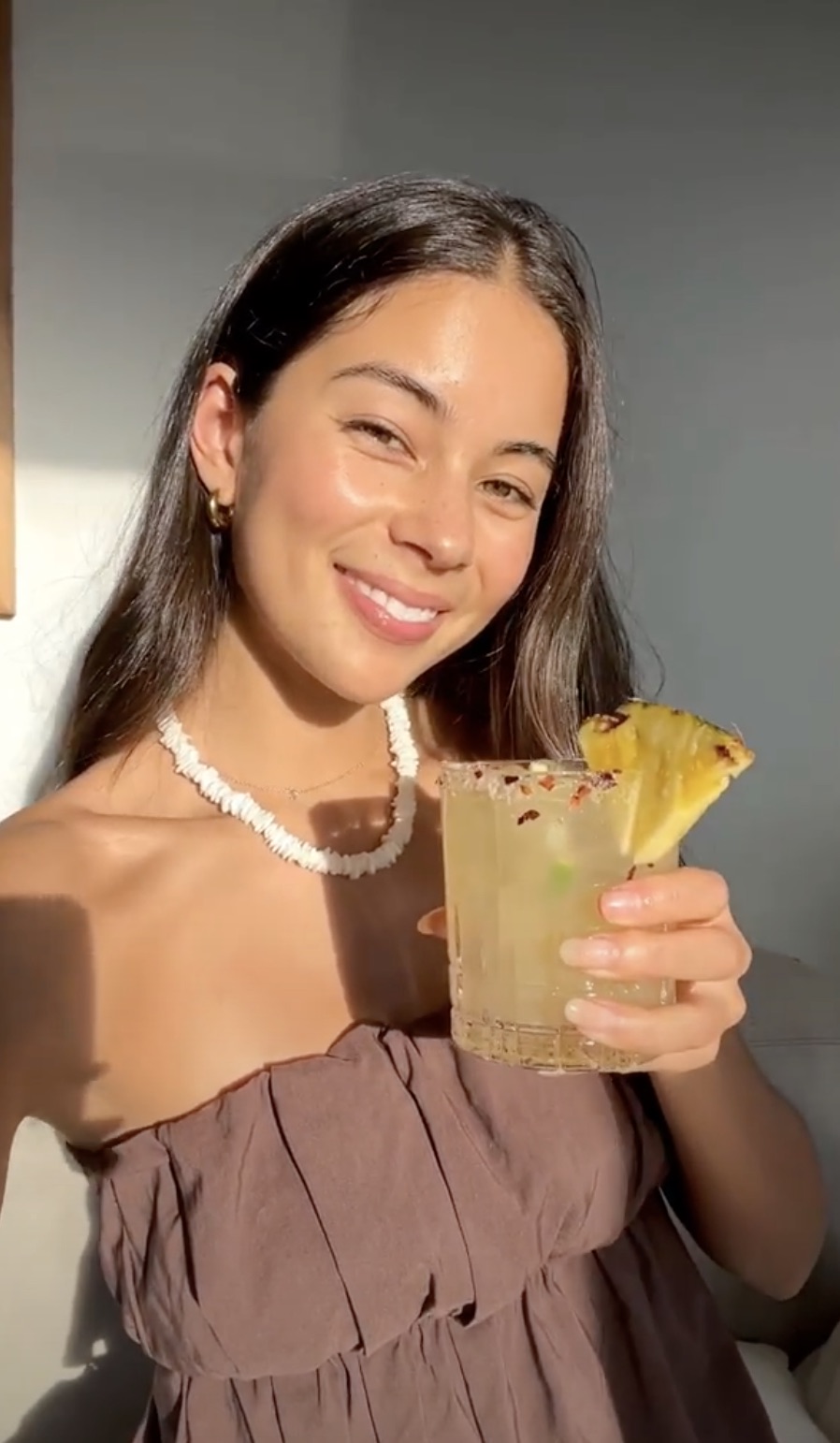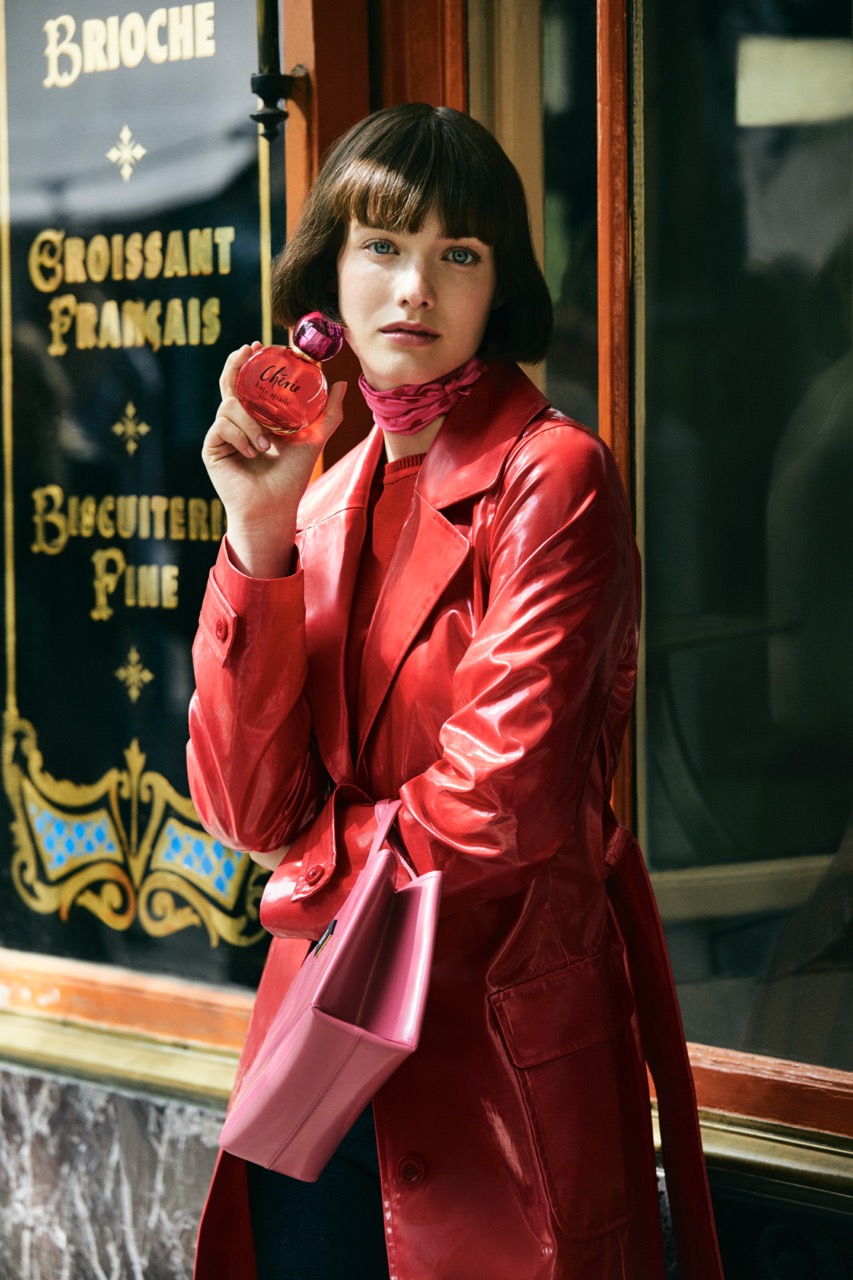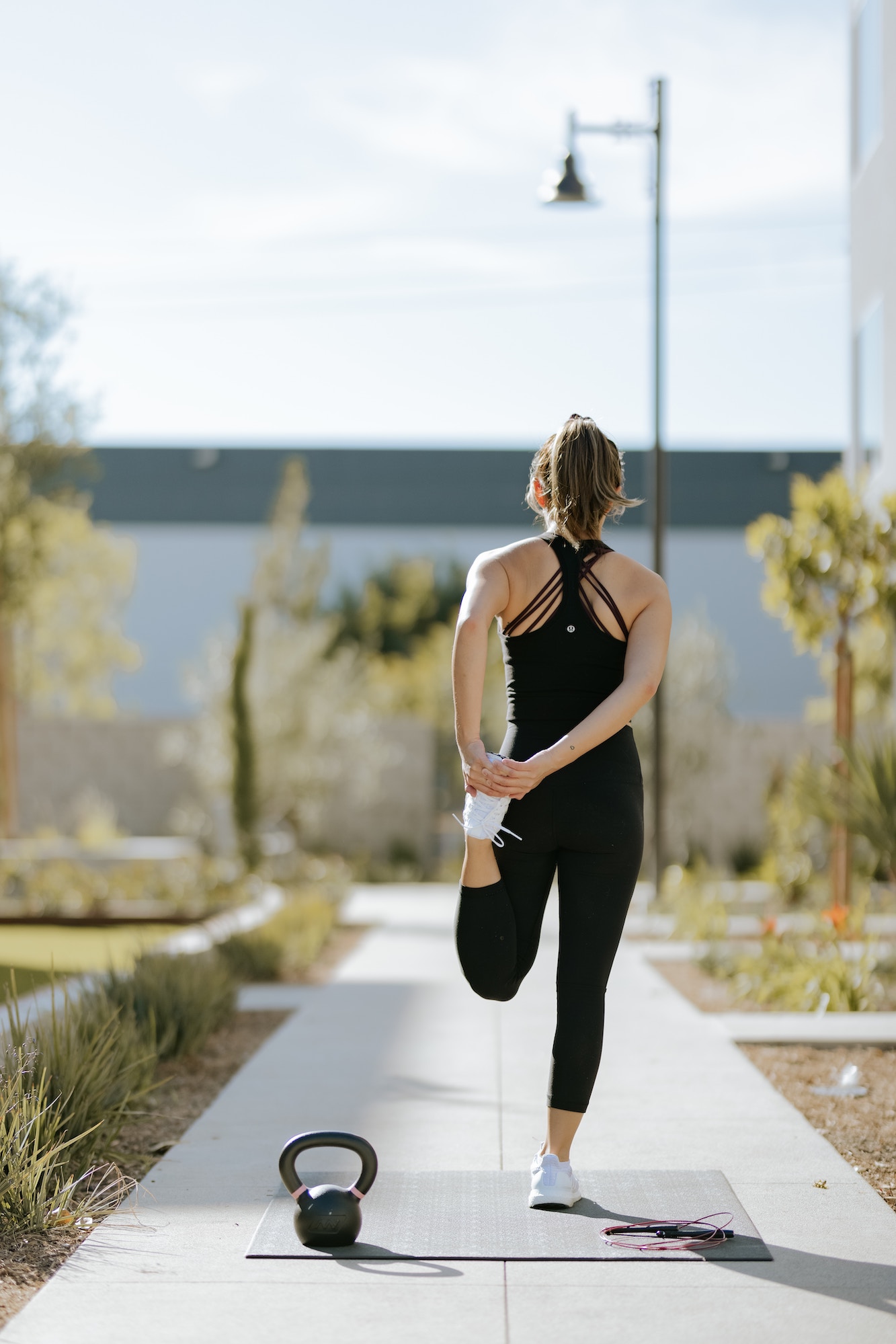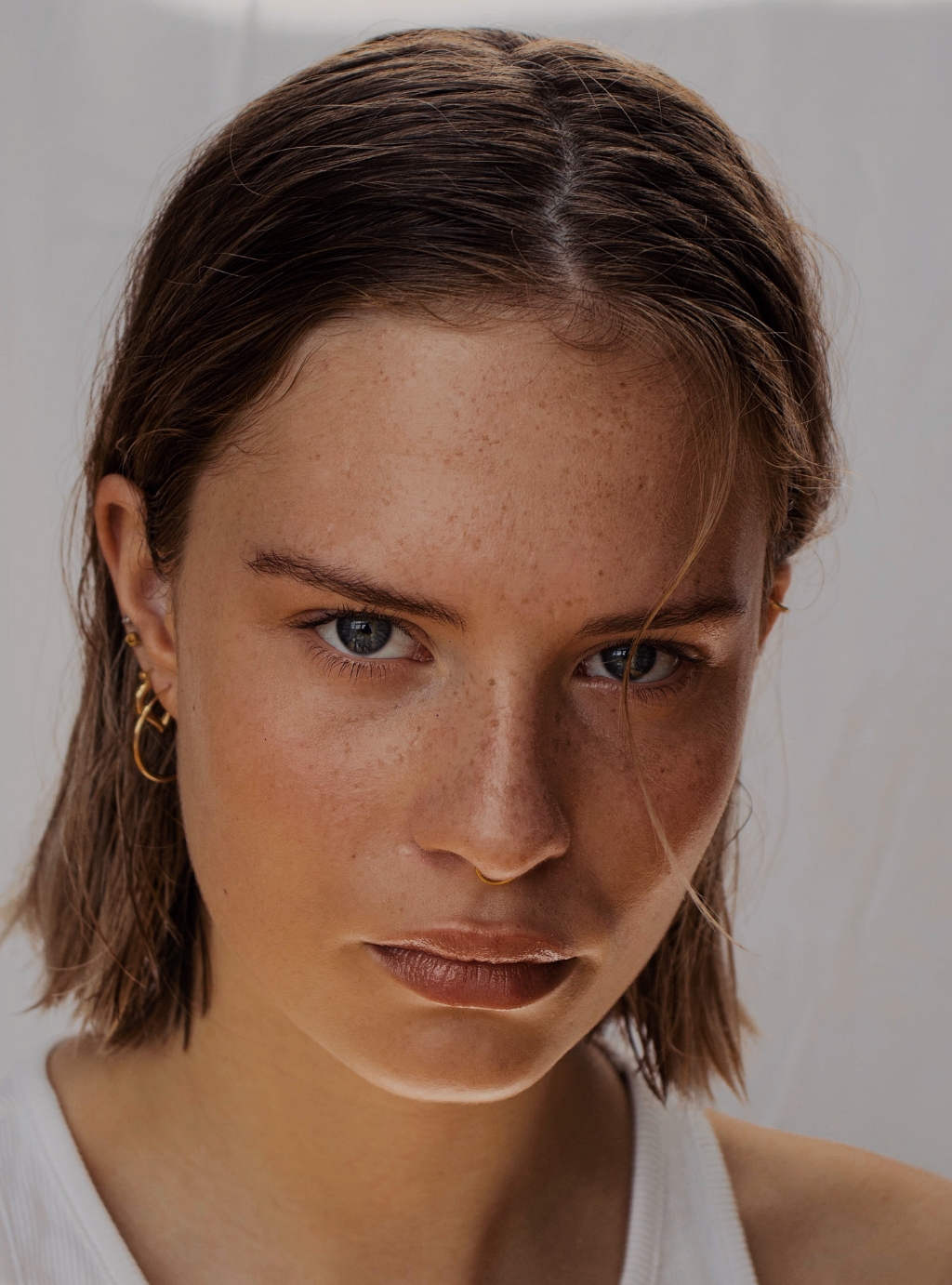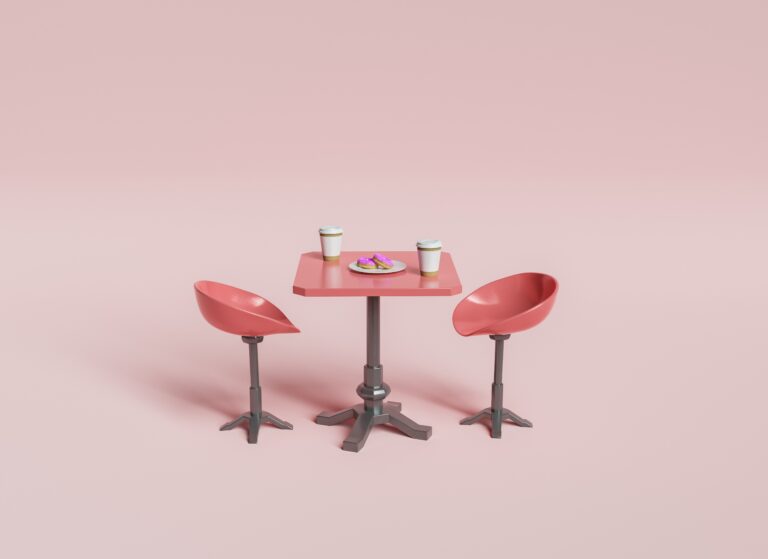
With the last two years of on-and-off lockdowns allowing daters time for self-reflection and what they want in a relationship, many new dating trends are emerging, including the rise of ‘explori-dating’, prioritising particular qualities in a potential partner, or looking to stay ‘consciously single’.
We talk to Lucille McCart, APAC Communications Director at Bumble, who talks us through these trends, what daters want, and how they feel about themselves.
For those of us who have never experienced dating without the help of an app, and with the dating landscape changing significantly due to lockdowns, will we continue to lack physical intimacy in 2022?
Interestingly Bumble also predicts that in 2022, PDA will be back in a big way (and it won’t just be the Kardashians doing it). One of the most profound impacts of lockdowns and social distancing rules was the lack of physical touch and stimulation, and not just in terms of sex and getting intimate with a partner — we even hugged our friends less.
For young people who have been starved of IRL connections for a long time, the idea of holding hands in public or kissing on the street is both thrilling and an exciting sign that life is going back to ‘normal’.
There’s been a shift towards ‘explori-dating’, with some Bumble users saying they are no longer going for a particular type. How can daters benefit from a more explorative approach?
There is nothing particularly wrong with having a type. We like what we like, and if you know what you are looking for, it can help narrow down the dating pool, especially in the context of online dating.
However, being too strict about your type can be limiting. When I think about the strongest and most long-lasting relationships I know of, many of them are between two people you would never think would work, but somehow they do.
Sometimes relaxing your idea of what you are looking for in a partner can open up a world of possibilities you never considered before. I think the pandemic experience has taught us to be more open-minded, so why not practice that in your dating life?
Even if explori-dating doesn’t lead to a long term relationship, you might find yourself on better dates and having fulfilling conversations with people you would have never otherwise met.
The recent Bumble report suggests that users are less concerned with superficial traits like physical appearance and more interested in qualities like emotional availability. What is your advice for managing expectations around the latter?
There is a crucial difference between someone who is time-poor and someone who is emotionally unavailable. If someone doesn’t have a lot of time to dedicate to dating or the early stages of a relationship, the focus should be on making sure that they are present during the time spent together. You can still build on your connection — things like active listening, asking questions of each other, and doing bonding activities. It’s quality over quantity, and clear communication about when you’ll be seeing each other and what your schedules are like will help manage both people’s expectations. If you are the busy one, it is up to you to make sure that the other person feels valued and feels like you have prioritised them.
Emotional availability is entirely different, and it has nothing to do with how much free time you have. It’s whether someone can open up and develop emotional bonds with another, particularly in a romantic sense. Often someone who is emotionally unavailable and someone who is busy will behave in similar ways, so the test is whether they are willing to be emotionally vulnerable in the time you do spend with them.
Are Bumble users interested in casual relationships or consciously choosing to be single?
On Bumble, 48% of Kiwis are looking for a relationship, and only 11% say they are looking for something casual. I think the experience of the last two years has made Kiwis value relationships as we emerge from the pandemic, with meaningful connections becoming essential in our romantic lives.
That said, 47% of Kiwis are also open to the concept of being ‘consciously single’, which is the idea of understanding that it is ok to be single and alone for a while and deciding to be more mindful and intentional about how and when they date. Ultimately, the focus is on entering a relationship, but first finding that special connection, not settling for just anyone. And why not have some fun along the way!

